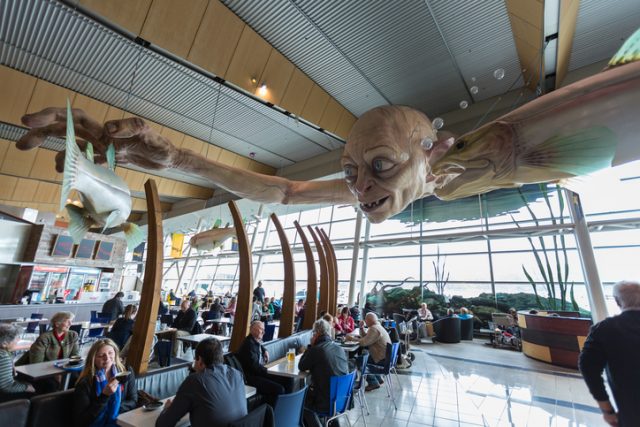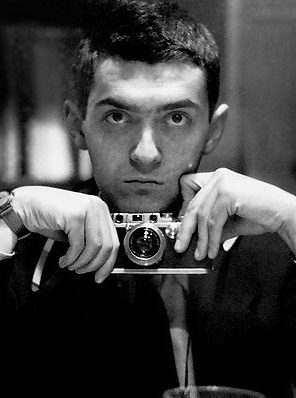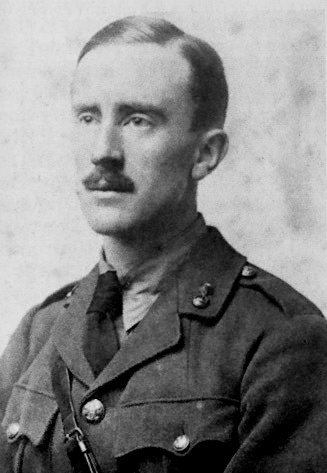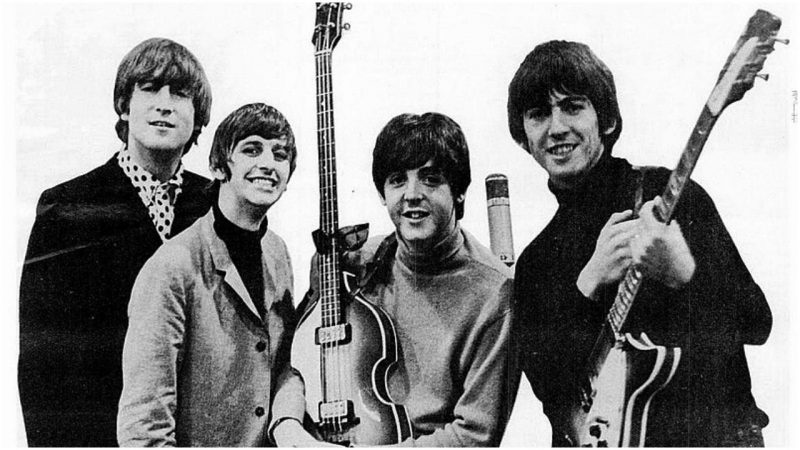Although the official career of the Beatles lasted for 10 years, from 1960 to 1970, their unprecedented style influenced the course of late 20th-century music. Nowadays, the band’s music still sounds fresh, and their visionary legacy continues to inspire countless listeners as well as numerous musicians and artists.
In 1963, the Beatles accepted a three-movie deal offered to them by the United Artists production company. However, due to their abrupt break-up, the band members starred in only two movies. A Hard Day’s Night, a mocumentary in which the band members play themselves, became an instant commercial success. Time magazine even listed it among the 100 greatest movies of all time. The second movie, Help!, is an adventurous James Bond parody in which the Beatles fight an evil cult. Although it received mixed reviews, the original soundtrack was inventive and enjoyable.
The Beatles never made their third movie, but they did make plans to create something quite ambitious. They were planning on starring in an adaptation of J. R. R. Tolkien’s The Lord of the Rings trilogy. The famous epic fantasy trilogy was first published in 1952 and quickly gained a cult following. All four members of the Beatles, who were teenagers in the 1950s, were greatly influenced by Tolkien’s work. They wanted to honor it by creating an epic psychedelic adaptation that would feature their original songs. Paul McCartney would portray Frodo Baggins, and Ringo Starr would star as his affectionate sidekick, Sam Gamgee. George Harrison would portray the wise wizard Gandalf and John Lennon would appear as the unfortunate Gollum.

The first two movies that featured the Beatles were directed by Richard Lester. Although the members of the band were quite satisfied with Lester’s work, they had someone else in mind for their Tolkien-related films. Namely, they approached Stanley Kubrick, the visionary director known for his complex narrative techniques and pioneering work with special effects. At that time, Kubrick already had several major successes under his belt, including Spartacus, Lolita, and Dr. Strangelove. The Beatles thought that Kubrick’s expertise and vision could conjure up a mind-blowing on-screen adaptation of Tolkien’s masterpiece.
However, Kubrick wasn’t as taken with the idea of directing The Lord of the Rings. He was a fan of the trilogy but thought that it was too complex to be properly adapted for the screen. Therefore, he declined to collaborate with the Beatles on the project and instead concentrated on his work on 2001: A Space Odyssey, the groundbreaking science fiction epic that established him as one of the greatest directors of all time.

At the time when the Beatles wanted to make an on-screen adaptation of The Lord of the Rings, Tolkien hadn’t yet sold the rights to the trilogy to any production company. When the band approached him with their idea and asked him to sell the rights to them so that they could start working on the movie, he refused without any negotiation. Tolkien was quite a traditionalist and he openly disliked the new musical trend sparked by the Beatles. At the time, he lived on Sandfield Road in Oxford: incidentally, a band practice garage was situated just three doors away from his house.
An unknown local band whose members frequently used the garage may have amplified his hatred of the Beatles and their music, which he considered overly aggressive. In a 1964 letter to his friend Christopher Bretherton, Tolkien wrote: “In a house three doors away dwells a member of a group of young men who are evidently aiming to turn themselves into a Beatle Group. On days when it falls to his turn to have a practice session the noise is indescribable.”

If the Beatles had somehow managed to persuade Tolkien to sell them the rights to The Lord of the Rings and if Stanley Kubrick had agreed to direct the movie, we would live in a world in which the on-screen trilogy would be something entirely different.
Tolkien did eventually sell the rights to United Artists. In 2001, when Peter Jackson’s first part of the on-screen trilogy was released, the surviving members of the Beatles reportedly stated that they were satisfied with the movie and that the only thing that was missing from it was an original Beatles soundtrack.
